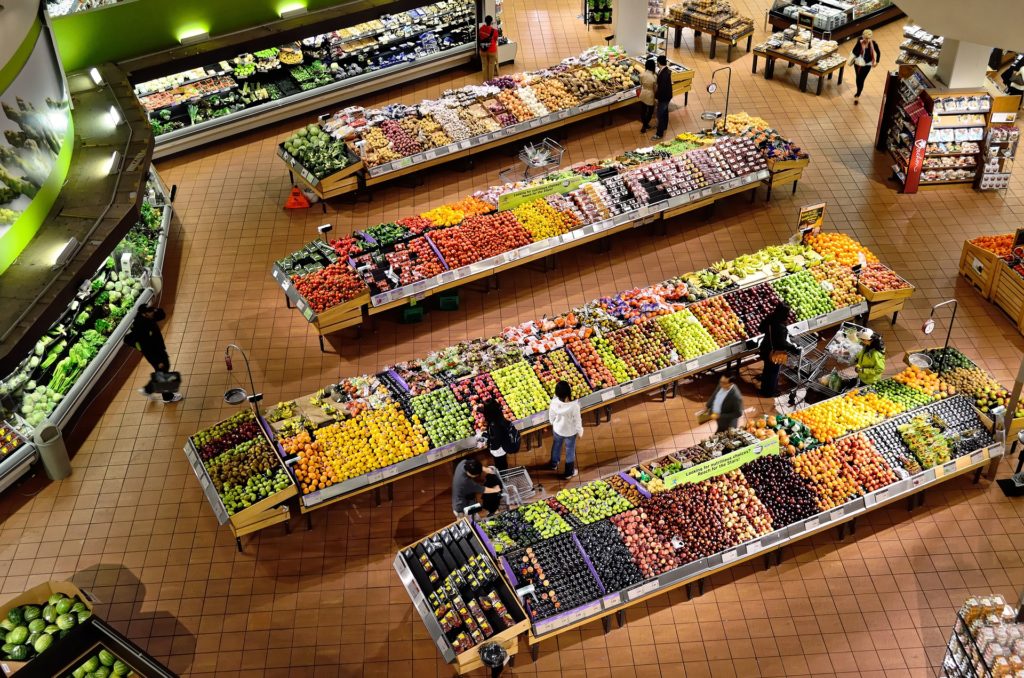Canada’s tariffs took effect Sunday as a response to the tariffs imposed by the Trump Administration on steel and aluminum. Canada implemented levies on $12.6 billion worth of American goods. The products that now come with 10 percent import tariffs are salad dressing, cucumbers, candy, soups, broths and tomato products. This could prove tricky for the food and beverage industry who are already struggling to overcome issues such as changing consumer tastes and competition from new start-ups.
Since the White House imposed their tariffs, other countries are feeling the need to retaliate. In addition to Canada, Mexico announced it will raise the tariffs on pork and cheese starting July 5. China also placed tariffs on dairy, pork, vegetables, fruits and more. The pork industry could be highly impacted; according to an estimate by CNBC, one in four hogs in the US is sold to an overseas country.
It’s clear that this is going to affect big food companies and there’s not much they can do about it. Campbell Soup is one company taking an especially hard hit. The soup company’s cans are made from tin plated steel and the product itself contains ingredients from both the US and Canada.
“With a 10 percent tariff on soups and broths and tomato products — representing the core of Campbell’s products that are sold in Canada and made from both US and Canadian ingredients — Campbell estimates the economic impact to our Canadian business to be significant,” Alexandra Sockett, company spokesperson, told CNBC.
The tariffs are expected to affect the company’s earnings for its 2018 fiscal year. Campbell is already struggling with the rise in transport costs and is now expecting earnings to drop around five percent.
While it seems Campbell is getting quite the beating, the impact might be less painful for companies such as JM Smucker and Kraft Heinz. Canada has spared peanut butter, though it was originally on the list for tariffs. However, the EU implemented a 25 percent levy on peanut butter. Though peanut butter might not be as popular a product in Europe, the tariffs are a symbol of retaliation.
“Our teams are actively assessing the potential impact to our business and continue to monitor the fluidity of the tariffs issue…our products are primarily distributed in North America, so we have minor export business to Europe.” Maribeth Burns, Smucker spokeswoman, told CNBC.
PepsiCo joins Campbell soup by also taking quite a hit. The company – which also owns Tropicana, American’s largest juice brand – now has a 10 percent Canadian tariff on orange juice. This is a big deal considering soda sales are already declining due to the consumer shift towards healthier beverages.
With all these tariffs being imposed, companies might have to raise prices to keep their heads above water.












Join or login to leave a comment
JOIN LOGIN